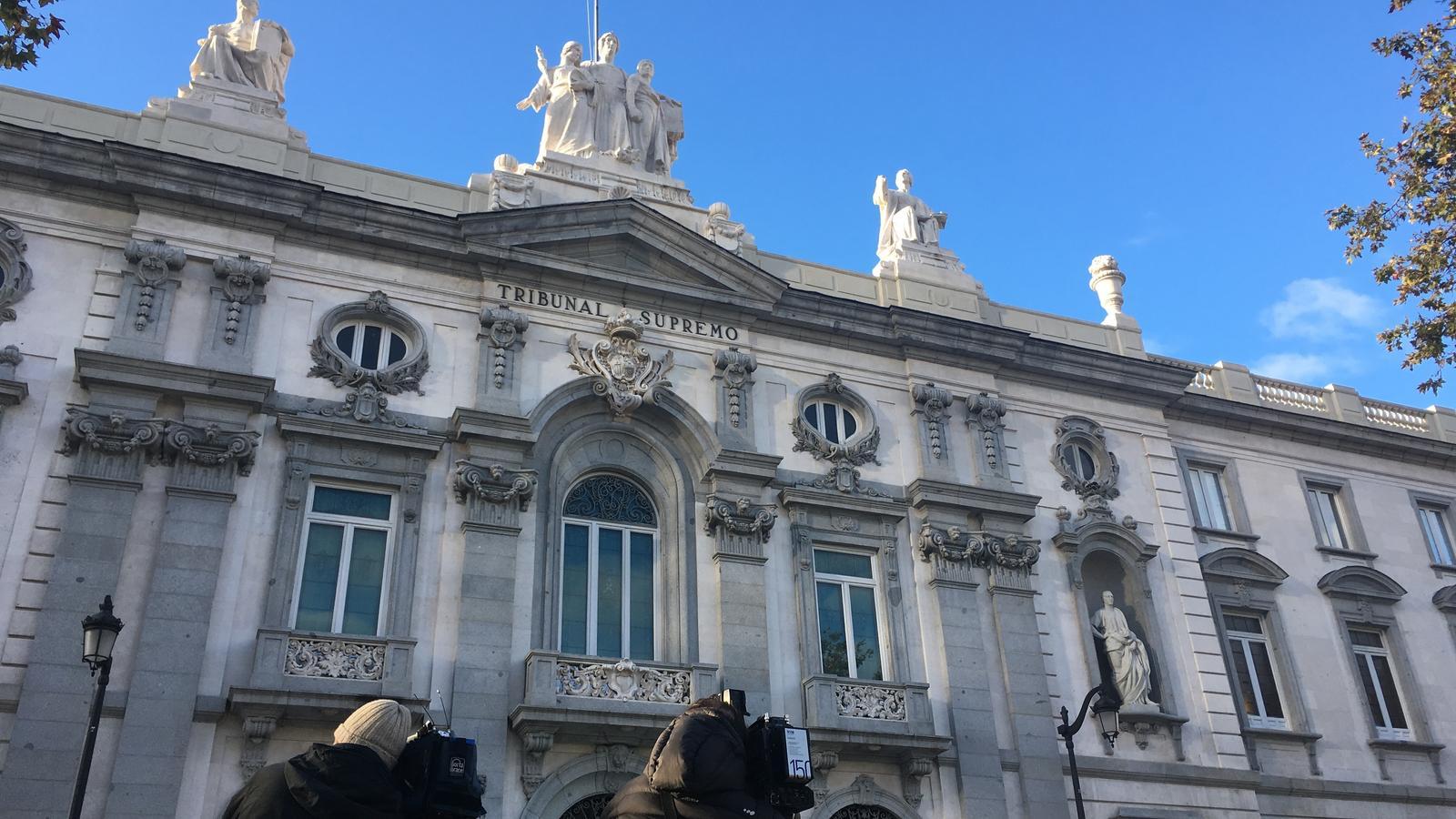Who protects us from the judges?
How is it possible that the Spanish judicial system persecutes political dissidents?

Philosopher and professor at the University of GironaHow is it possible that a citizen of Spain, convicted by Madrid’s Audiencia Nacional, spends six and a half years in prison and now, when the European Court of Human Rights has decided that his fundamental right to a fair trial was violated, nothing happens? How come the victim of this State abuse is not compensated, the penalty of disqualification isn't immediately suspended, and all the judges who participated in this farce are not removed from the judicial system? [Basque leader] Arnaldo Otegi spent six and a half years in jail because, as has been shown, he received an unfair trial.
How is it possible, a few days after the Supreme Court ruled that banks had to pay the mortgage tax, that the same Supreme Court, due to pressure from the banking and financial oligarchy in Spain, reversed its decision and now states that no, it's okay, the borrowers have to pay after all? Who are the 15 judges who voted in favor of this clearly unfair outrage that goes against the principle of equity, and which forces differential responsibility? And especially in a case, like this one, which should benefit the weakest —not the strongest—, and instead of benefiting them, it leaves them, by action of the court, punished, unprotected, and helpless?
How is it possible that Judge Llarena and the Supreme Court judges continue to hold seven politicians (all elected representatives) and two civic leaders in pre-trial imprisonment —in four cases, for over one year!— even though multiple European courts, including those in Germany, Belgium, Scotland, and Switzerland, could not find any trace of the very serious crimes of which they stand accused? How is it possible for a cause to be maintained when it is clearly a persecution, objectively verifiable, against political dissidents?
Who protects the victims of judges' actions, when these, instead of dispensing justice, are paradoxically the cause of an injustice arising from their decisions? Mustn't the judicial system be the guarantor of respect for the fundamental rights and freedoms of the people? What diabolic logic rules in a state where those responsible for imparting justice are responsible for such manifest injustices?
We are not naive: we have known, at least since Karl Marx's "Grundrisse" (1858), that concepts such as 'justice' or 'law' are simple "forms of consciousness" that correspond to the interests of the ruling classes at one specific time and, therefore, are basically at the service of maintaining and preserving the status quo. Actually, as Bertolt Brecht rightly argued, "many judges are absolutely incorruptible: nobody can make them give a fair verdict", as the judges do not concern themselves with administering justice, as we could naively think, but they merely apply the law, which is not exactly the same.
And yet, although it is clear that justice is not in the hands of judges, prosecutors, and courts, although they repeatedly claim this to be true, it is legitimate to ask what to do when their decisions are manifestly unfair, even if they are supported not only by the law but also by an interpretation of the law that is contrary to the spirit of the law and to the aspiration for justice that should rule in the judicial system. Gerard David, in an extraordinary painting kept in the Groeningemuseum in Bruges, entitled 'The Judgment of Cambises' (from 1498!), responds to this in a frightening way because of its brutality, despite being very consistent with the rigor of a era that tried to institute a secular justice to prevent the arbitrariness of the courts. You can see, on a wooden table in a public square, a judge who has issued an unfair sentence: he is tied up with ropes, and some executioners, carrying out the sentence, start to remove from the living man, with the help of knives, the skin of his chest, legs, and arms. The painting with the flaying of the corrupt judge was for many years in the boardroom of the City Council where magistrates were in charge of the communal administration of justice, reminding them, of course, by somewhat expeditious means, the need to be 'just' and to act according to the aspiration for justice which their positions required.
The Spanish judicial system, as is obvious, does not stem from this rigorous Nordic tradition. But the question, five centuries later, remains the same: who protects the victims of legal abuse, if not the State? John Rawls, in his now classic Theory of Justice, pointed out: "Justice is the first virtue of social institutions, as truth is in systems of thought. A theory, however attractive, eloquent and concise, should be rejected or revised if it is not true. Likewise laws and institutions no matter how efficient and well-arranged must be reformed or abolished if they are unjust.”
When courts of law are not fair, as Judith Shklar reminded us in 'The faces of injustice', the obligation of politics is to amend them, so that they do not cause unnecessary and cruel damage, and to prevent them from generating injustice instead of justice. And when politics, or the form it takes in government or the State does not do so, then they must be reminded, as Aristotle argued —and it was not a threat, but a verified statement— that the perception of repeated injustice stimulates, very justly, revolutions.
